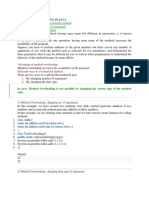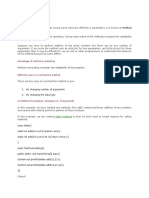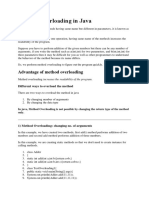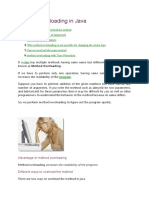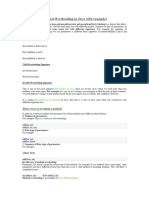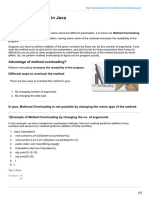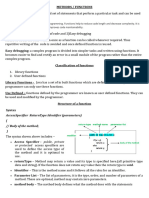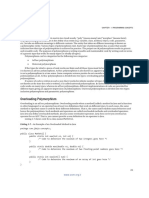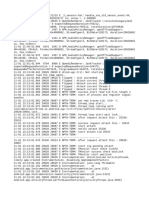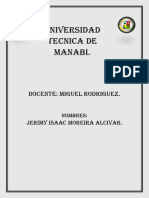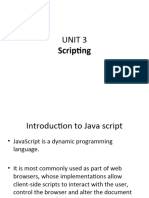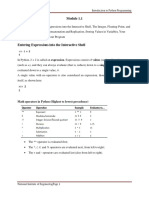0% found this document useful (0 votes)
15 views24 pagesLecture - 5-Methods - and - Method OverLoading
The lecture covers methods in Java, explaining their definition, types (standard library and user-defined), and syntax. It also discusses method overloading, which allows multiple methods with the same name but different parameters, enhancing program readability. Examples are provided to illustrate method creation and overloading techniques.
Uploaded by
6yzdahmedCopyright
© © All Rights Reserved
We take content rights seriously. If you suspect this is your content, claim it here.
Available Formats
Download as PDF, TXT or read online on Scribd
0% found this document useful (0 votes)
15 views24 pagesLecture - 5-Methods - and - Method OverLoading
The lecture covers methods in Java, explaining their definition, types (standard library and user-defined), and syntax. It also discusses method overloading, which allows multiple methods with the same name but different parameters, enhancing program readability. Examples are provided to illustrate method creation and overloading techniques.
Uploaded by
6yzdahmedCopyright
© © All Rights Reserved
We take content rights seriously. If you suspect this is your content, claim it here.
Available Formats
Download as PDF, TXT or read online on Scribd
/ 24


